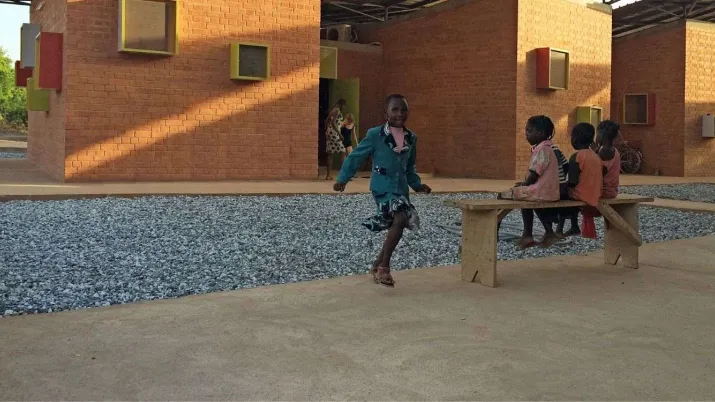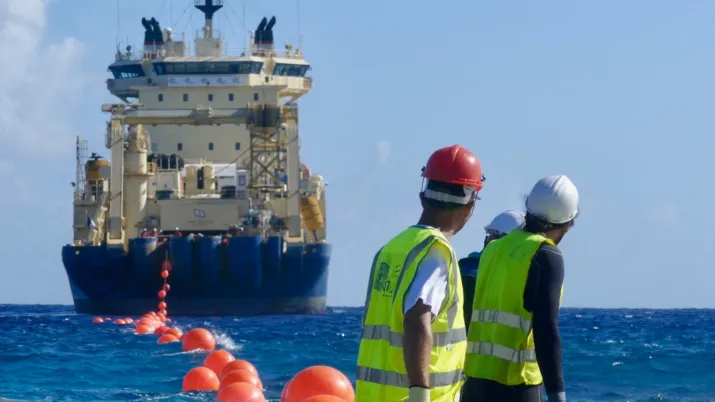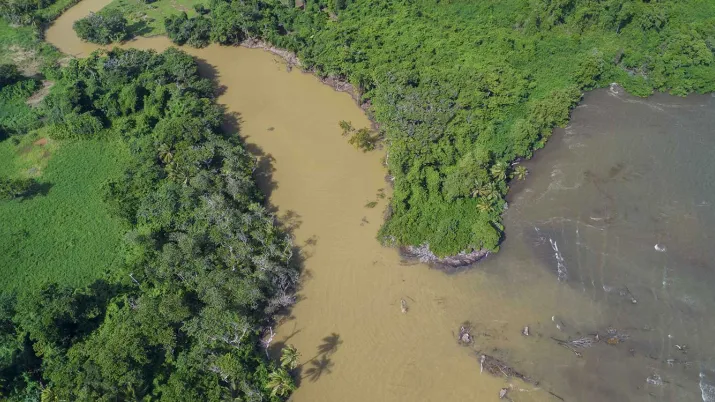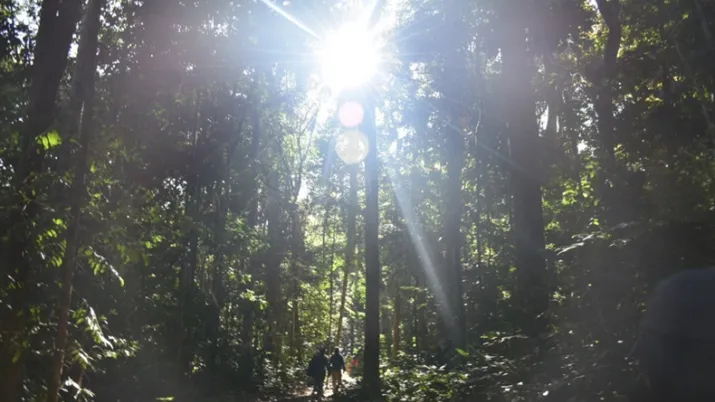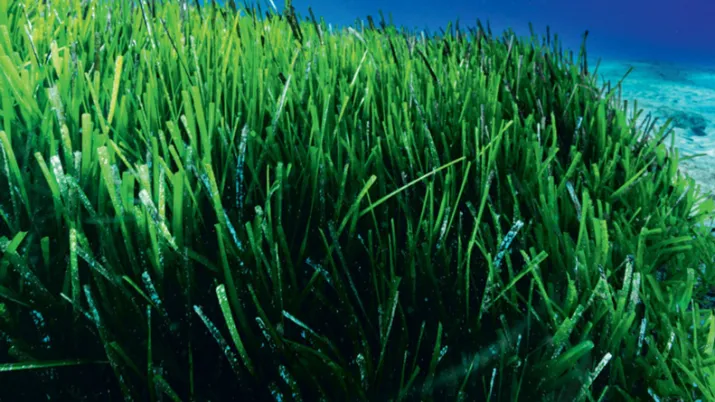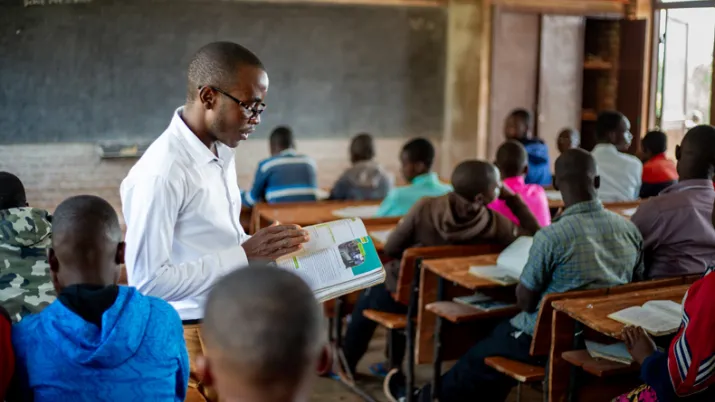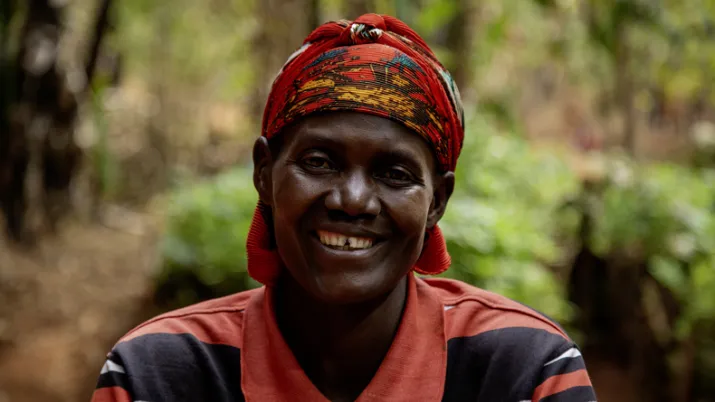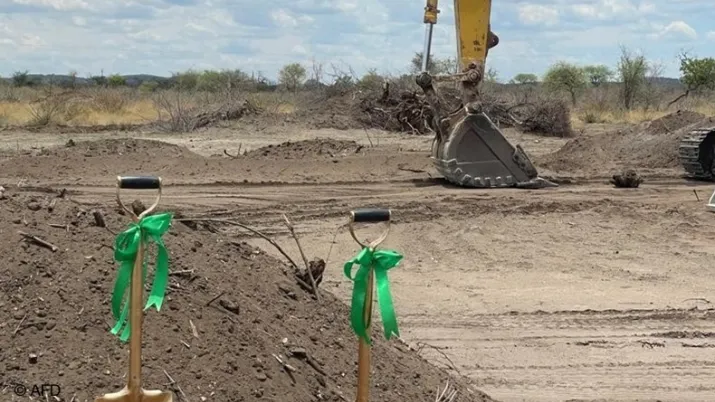Share the page
Regional coordination and integrated management of sargassum in the Caribbean
Project
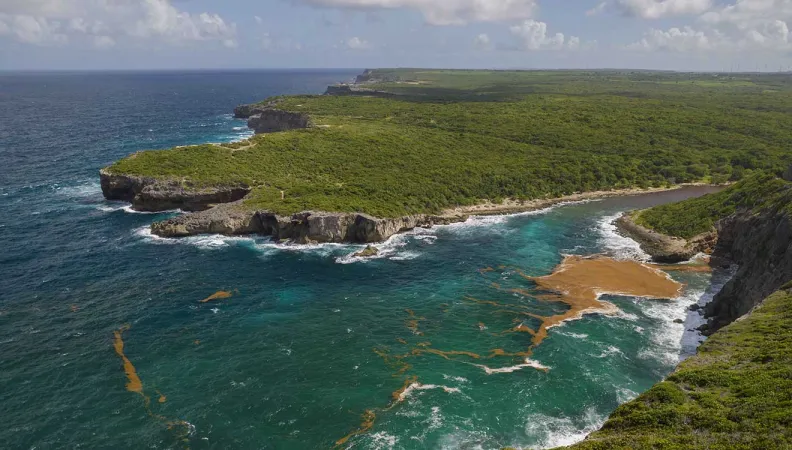

-
Project start date
-
Status
Ongoing
-
Project end date
-
-
Project duration
-
4 years
-
AFD financing amount
-
€ 8 000 000
-
Country and region
-
Location
-
Dominica, Grenada, Saint Lucia, Saint Vincent and the Grenadines, Dominican Republic, Belize, Mexico, Guadeloupe, Martinique
-
Type of financing
-
Beneficiaries
-
Organisation of Eastern Caribbean States (OECO), Institut de Recherche pour le Développement (IRD), companies, laboratories and research centres for the management and exploitation of sargassum
The project aims to limit the impact of sargassum strandings in the Caribbean and to promote a regional dynamic for structuring a management and development framework for sargassum.
Context
The Caribbean is affected by massive flows of sargassum leading to accumulation on the coasts. The decomposition of stranded sargassum leads to the degradation of coastal ecosystems (mangroves, seagrasses, coral reefs), an excess mortality of marine biodiversity, accelerated coastal erosion and soil pollution due in particular to the presence of heavy metals. The massive influx of sargassum also threatens key economic sectors (tourism, fishing), as well as the health and welfare of coastal populations (emission of toxic gases during decomposition).
The consequences of these strandings require a concerted management of public and private actors and innovative solutions to protect these fragile ecosystems and riparian communities.
Description
The project aims to limit the negative impacts of sargassum stranding on local economies, communities and coastal ecosystems.
To achieve this, the project has three main objectives:
- Strengthen regional cooperation to harmonize planning methodologies and management approaches in the small islands of the Caribbean;
- Assist small islands to implement integrated sargasso management and enhancement operations in Saint Lucia, Grenada, Dominica and St. Vincent and the Grenadines;
- Support regional scientific cooperation to maximize global understanding of the sargassum phenomenon and inform research-validated public policy development.
The project also has a cross-cutting gender objective, which aims to integrate this dimension into the management and exploitation of sargassum.
The project is carried out by Expertise France.
Impacts
Beneficiaries will help consolidate international treatment of sargassum issues through the strengthening of decision-makers' skills and access to data on sargassum impacts on local ecosystems, communities and economies.
Through improved planning of sargassum management operations and structuring of value chains, public actors, private actors and communities are encouraged to cooperate from the early stages of detection to recovery of sargassum, thus contributing to the implementation of a circular economy.
Strengthening a scientific network, contributing to research efforts and disseminating guidance notes to public decision-makers enable scientists, experts and government authorities to improve their knowledge of sargassum phenomena.



